Great Ideas Curriculum
Qualia’s unique cross-disciplinary philosophy program introduces students to important issues in Western and non-Western thought, encouraging the use of historical and contemporary examples to support students’ own emergent philosophical positions. Each year, Qualia high schoolers select a Great Ideas seminar, a sixth required academic course, from an ever-changing list of exciting, inquiry-driven choices.
A Critical Thinking Lab
Great Ideas Seminars crank up critical thinking to “11” as students grapple with problems and ideas at the forefront of human inquiry. Each course combines history, philosophy, and the social sciences to address the perennial questions of existence, demanding deep engagement and meaningful reflection. A highlight of our students’ academic week, these innovative courses provide ample opportunity for all students to build a wide range of academic skills – deconstructing arguments, questioning premises, crafting clear positions, and listening to others – all in a brainy-yet-playful context.
Inspired by their experiences in Great Ideas, students bring the spirit and methodology of philosophical inquiry into every classroom, and Qualia teachers craft courses built around big questions in all disciplines.

Thought-Provoking Questions
Qualia offers a new set of Great Ideas courses each year with thought-provoking questions:
Do we have free will? What form of government is most aligned with human nature? Is morality relative? How can we know right from wrong? Is scientific knowledge “privileged” over other ways of knowing?What drives religious belief and fervor? Is true artificial intelligence possible?

The Philosopher's Toolkit
This course serves as preparation for other courses in the Great Ideas Program. It provides a foundation in critical thinking and intellectual history, with an emphasis on the vocabulary and tools for doing (rather than just learning about) philosophy. Students learn to identify different types of arguments, evaluate evidence and credibility, recognize faulty reasoning, and understand the psychological and social factors that impede clear reasoning. In addition, the course provides methods for thinking more deeply about complex problems. Examples will include perennial philosophical issues as well as contemporary problems such as medical ethics, gender inequality, abortion, animal rights, poverty and terrorism.




